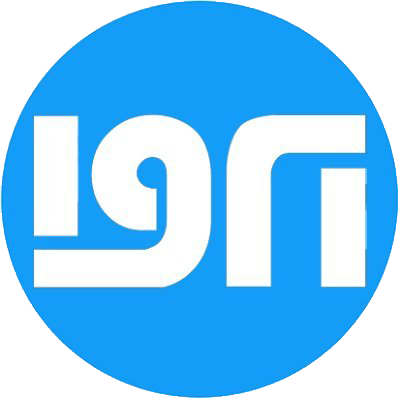
Home » IGRI Research Seminars » The Institutional Grammar Tool Meets The Narrative Policy Framework: Narrating Institutional Statements in Consultation
Claudio Radaelli, European University Institute
Claire Dunlop and Jonathan Kamkhaji, University of Exeter
Gaia Taffoni, European University Institute
The Narrative Policy Framework (NPF) is one of the main theoretical lenses on the policy process. It approaches the study of public policy from the perspective of the stories and narrations that characterize policy controversies and, more generally, public policy. An actor-centered approach, the NPF theorizes that actors discursively portray all the major elements of public policy – settings, actors, problems, cause-and-effect relations – in narrative forms. Policy narratives follow a common structure that can be identified empirically via different techniques of coding and discourse analysis.
The Institutional Grammar Tool (IGT) is another actor-centered major theory of the policy process. Developed within the broader Institutional Analysis and Development (IAD) framework by Elinor Ostrom and her associates, the IGT does what it says on the tin: it captures the essential features of interaction in actors’ constellations by looking at the institutional grammar. One effective way to investigate the Grammar is to identify a given set of institutional rules that shape interaction within an action situation. These rules are not the only attribute of the action situation – the biophysical components are equally fundamental. However, for a political scientist institutional rules are the primary focus of attention.
With this paper, we wish to start a conversation between the NPF and IGT. At the outset, we observe that both theoretical lenses are actor-centered. They also share the assumption of a structural dimension of public policy – by this, we mean that there are essential features that are not random and can be recognized across a variety of political and administrative contexts, times, and places. In short, they share the belief that there ought to be a single type of explanation for the regularities we observe in the patterns of human interactions revolving around policy problems. In the case of the NPF, the universal form (or structural property) is language. Actors shape policy via narration. At the root of the NPF lies the homo narrans. For the IGT, following Crawford and Ostrom (1995), the syntax of the grammar consists of three types of institutional statements: rules, norms, and shared strategies. Rules, in particular, provide the semantics and can be operationalized in seven types. At the root of the IGT are rule-driven actors that respond to incentives. Empirically the unit of analysis of the NPF and the IGT vary but in the end, these units are always drawn from language. The IGT then creates observations and data via a grammatical approach, whilst the NPF considers that language is articulated in narrative structures (such as attributing positive values to characters and making them heroes).
To build the foundations of a possible conversation between the two lenses, we observe that narrations do not fluctuate in a vacuum. They are communicated by actors in a situation defined by its Institutional Grammar. The syntax of the action situation is captured by rule-types – in this paper, we do not explore norms and strategies due to space limitations. At the same time, institutional statements are not a given. People do not talk in institutional statements. However, language is the form in which people exchange meanings and make sense of institutional statements. Narration is a classic form in which individuals make meanings explicit and derive implications (including normative implications) for public policy.
We contribute to the conversation between NPF and the IGT by considering a sample of consultation procedures in the European Union. We present original data on Finland, Ireland, Malta, and the European Union, comparing rule types and the narrative elements of the institutional statements about consultation. In the conclusions, we draw lessons from our exercise and suggest how to carry out the conversation between the two theoretical lenses on the policy process.
If you would like to join our email listserv to receive notifications of upcoming seminars, workshops, training sessions, and other activities, please subscribe!
